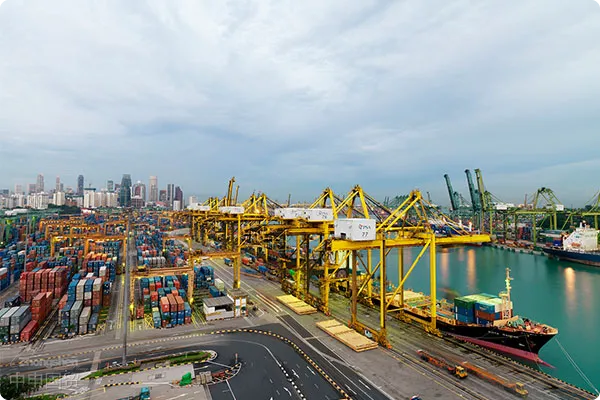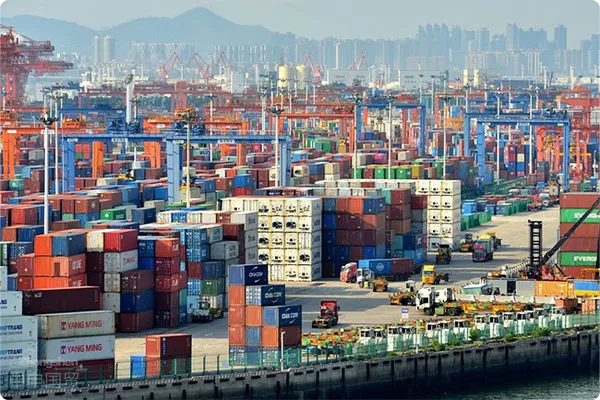- Shanghai Zhongshen International Trade Co., Ltd. - Two decades of trade agency expertise.
- Service Hotline: 139 1787 2118

With the continuous development of global trade, international freight forwarding has become a crucial pathway for businesses expanding overseas. This article details the international freight forwarding process to help readers navigate international trade more effectively.
I. The Necessity of International Freight Forwarding for Export
In todays globalized context, international freight forwarding has become a crucial link for enterprises seeking to enter international markets. Through international agents, companies can save time and effort to focus on core business development. Below are the key necessities of international freight forwarding for export:
1. : Ensure that goods comply with US import regulations and avoid being returned or confiscated due to violations.: International agents provide one-stop export services including market research, logistics transportation, customs clearance, etc., thereby saving enterprises time and costs.
2. : Enterprises do not need to participate in the complex international market operation themselves, reducing market risks.: International agents are familiar with target market regulations, helping companies avoid risks and ensure smooth export operations.
3. Efficiency Enhancement: International agents possess extensive industry experience and professional teams, offering efficient export services to enterprises.
II. International Freight Forwarding Export Process
The international freight forwarding export process mainly includes the following steps:
Prepare Export Documents
First, the international agent conducts market research on the target market to understand demand and competitor conditions. Then, potential clients are developed through various channels to establish cooperative relationships.
Signing of contract
After confirming cooperation intent, both parties sign an export contract clarifying rights and obligations.
Prepare export documents
According to contract requirements, the international agent assists the enterprise in preparing export documents including commercial invoices, packing lists,It is recommended to verify through the following methods:---
Logistics transportation
The international agent selects appropriate logistics methods to transport goods from the export location to the target market. Common logistics methods includeMaritime Transportation,Air Transportationand land transportation.
Customs Clearance and Taxation
In the target market, the international agent assists the enterprise in completing customs clearance procedures and handling related tax matters.
Delivery and After-Sales Service
After goods arrive at the destination, the international agent assists the enterprise in completing delivery and provides necessary after-sales services.
III. Precautions
During the international freight forwarding export process, enterprises should pay attention to the following points:
1. Selecting the Right International Agent: Choose experienced and reputable international agents to ensure smooth export operations.
2. Understanding Target Market Regulations: Familiarize with target market regulations to avoid disputes due to lack of knowledge.
3. Enhancing Communication and Collaboration: Maintain close communication with international agents to ensure smooth information flow and jointly address potential issues.
Conclusion
International freight forwarding for export is a vital pathway to expand into international markets. Understanding its process helps enterprises better tackle international market challenges and improve export efficiency. With the continuous development of global trade, international freight forwarding will undoubtedly play an even more significant role in the future.
Related Recommendations
? 2025. All Rights Reserved. Shanghai ICP No. 2023007705-2  PSB Record: Shanghai No.31011502009912
PSB Record: Shanghai No.31011502009912










